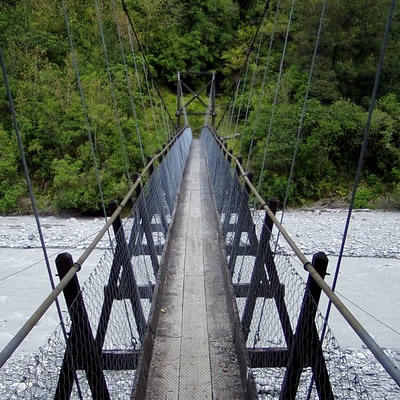
A2R Blog – Risk
 Hi. Thanks for taking the time to read this. We are on a journey of change from an unhealthy pattern of living to a healthier pattern of facing and processing difficulties. By doing this we simply ‘outgrow’ our problems! How do we do this exactly? Today I want to give you a method of working with your security and how it relates to your growth! By the time you have read this you will have a better grasp on security and how to manage risk!
Hi. Thanks for taking the time to read this. We are on a journey of change from an unhealthy pattern of living to a healthier pattern of facing and processing difficulties. By doing this we simply ‘outgrow’ our problems! How do we do this exactly? Today I want to give you a method of working with your security and how it relates to your growth! By the time you have read this you will have a better grasp on security and how to manage risk!
Firstly let me say that this subject and method will not apply to everyone! In a way every subject is like a door that you can go through either way. Take anger for instance, most of us maybe need to be less angry, but there are some of us that need to get more angry! It is best thought of as learning to be ‘managing’ your anger. Risk is the same, we need to manage it. If you are struggling with a chaotic lifestyle your management of risk is going to look very different from someone suffering with OCD. Of course the obvious example here is a gambling addict, we are going to take for granted that their level of risk is off the charts and in terms of their addiction needs to reduce, but the same could be said about alcoholics who take the chance that they can sober up before an important meeting etc. Even gamblers need to take more risks! By the time you have finished reading this you will understand why I said that, so let’s make a start.
What is risk? At its most basic (which is where we always start) it is choosing a path where we could gain something but we could also lose something. So the first question is where are you with risk? Ask yourself how you handle situations, social, financial, romantic, career, communication etc. This will give you an idea which way you need to go through this door.
Now, look at yourself. What is it that you cannot risk? Are you a people pleaser that cannot risk people not liking you? Are you a workaholic that cannot risk people thinking that you are not giving 100%? Are you someone with low self esteem that cannot risk rejection? Are you someone with anger issues that cannot risk conflict? Are you someone with fear issues that cannot risk conflict? Have you taken a role in your family that makes it impossible to risk disharmony? Have you developed a fear of discomfort so you cannot risk being uncomfortable? Have you developed a belief about the dangers of the world that makes it impossible to risk going outside?
If you think about the concept of balance (see the podcast ‘balance’ on this web site) this is a very good way of thinking about risk! Just see yourself as perfectly balanced. You are standing well, on both feet. Maybe see the wind coming, but you are still balanced. Maybe see someone pushing you, but you are still balanced. Now, we can describe this position as a ‘stable platform’ without this we can do nothing. It is from this stable platform that we can think about risk, you see, if you achieve balance that’s great, but as soon as you achieve it you have got everything you can from it. The next stage is to think about risk. In this picture risk is seen as walking. Think about it, when you walk you lose your balance on purpose! The act of walking is a constant process of losing your balance and regaining it by rebalancing in a different place (one step forward).
So think about risk today, ask yourself these questions;
1 In which areas of my life do I need to be risking more?
2 In which areas of my life should I be risking less?
3 If I take a risk in my chosen area what might it cost me?
4 Am I ready to risk losing that?
5 If I take a risk in this area what might I gain?
6 Does this seem worth the risk?
7 How can I manage the level of risk involved?
Remember, you can’t do anything without risking something. Let’s finish today by looking at a typical risk situation.
Steve is a workaholic. He has his personal/work boundaries all meshed together. This leads to other forms of addiction such as drinking, drug taking and internet porn. He is thinking about risk now and sees that he needs to risk in the area of personal relationships. As he considers this he realises that what he will be risking most is his reputation with work colleagues and bosses if he takes time to socialise. He asks himself if he is ready to pay this price. He has worked tirelessly to create this image in their eyes. He realises that he is not yet ready to do this but feels that the exercise has helped him understand himself better, his weaknesses and his strengths. He will look again at this idea as part of his commitment to recovery.
Of course, like all these processes it is the commitment to practice that counts, not just the knowledge. I hope that helped you. Please email me with any questions.
Thanks again for taking the time today.
